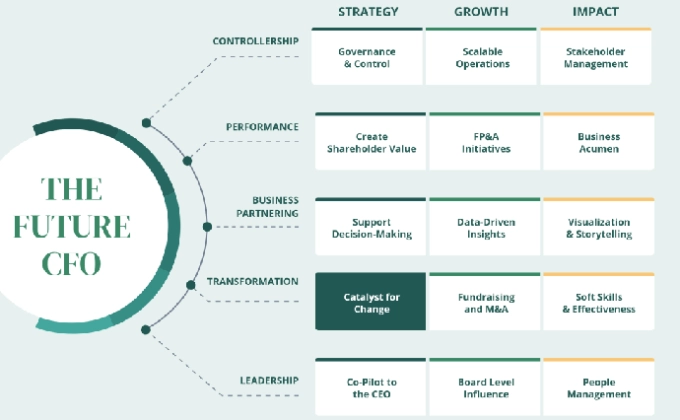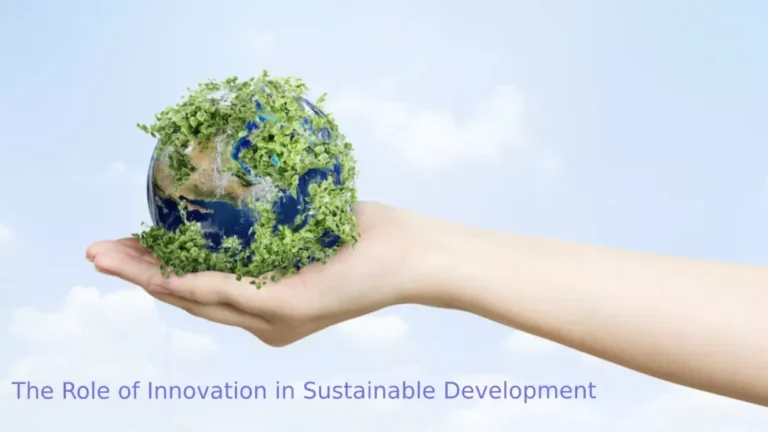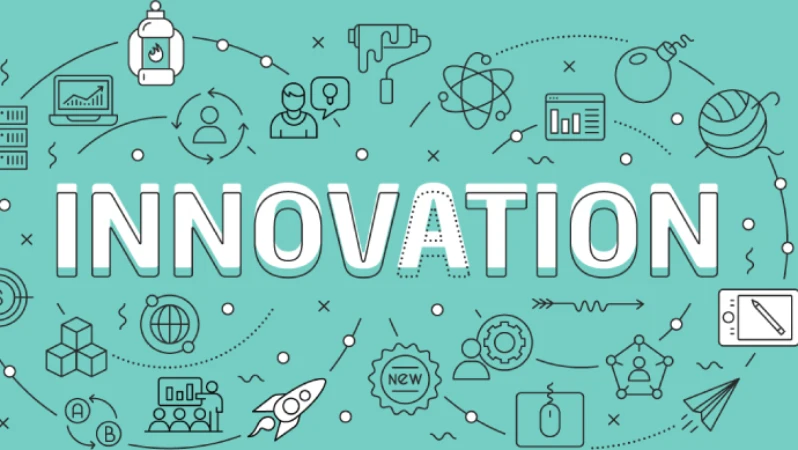Shaping Tomorrow’s Success: Unlock Your Limitless Potential Today
In a world full of opportunities, shaping tomorrow’s success begins today. To achieve your dreams, you must understand what success means and how to unlock your limitless potential. This article will guide you through the essential steps, helping you lay a strong foundation for future achievements. Let’s explore how personal growth, mindset, and practical strategies can lead you to a successful tomorrow.
The Foundation of Tomorrow’s Success
Self-Awareness: Know Yourself to Grow Yourself
Self-awareness is the starting point for success. It involves understanding your strengths, weaknesses, and passions. When you know what drives you, it’s easier to set goals that align with your true desires. Take time to reflect on your skills and interests. Identify areas where you excel and those where you need improvement. This self-reflection is crucial for personal growth and future success.
Goal Setting: The Blueprint for Success
Setting clear, achievable goals is a key component of shaping your future. Goals give you direction and purpose. Start by defining what you want to achieve. Make your goals specific, measurable, attainable, relevant, and time-bound (SMART). This approach helps you stay focused and motivated. Regularly review and adjust your goals as you progress. Remember, your goals are the stepping stones to your ultimate success.
Embracing Change: Adapt to Thrive
Change is inevitable, but how you respond to it can shape your future. Embracing change allows you to adapt and grow. Instead of resisting new challenges, view them as opportunities for learning and development. Flexibility and adaptability are essential traits for success in today’s fast-paced world. By welcoming change, you position yourself to thrive in any situation.
Unlocking Your Limitless Potential
Continuous Learning: The Power of Lifelong Education
Continuous learning is the key to unlocking your limitless potential. The world is constantly evolving, and staying updated with new knowledge and skills is crucial. Engage in lifelong learning by taking courses, reading books, and seeking new experiences. Each new skill you acquire adds value to your personal and professional life. Never stop learning; it keeps your mind sharp and your potential boundless.
Overcoming Challenges: Turning Obstacles into Opportunities
Everyone faces challenges, but how you handle them defines your success. View challenges as opportunities to grow and improve. When you encounter obstacles, stay positive and focus on finding solutions. Each challenge you overcome builds your resilience and confidence. Remember, the road to success is rarely smooth, but perseverance will see you through.
Building Confidence: Believe in Yourself
Confidence is a powerful tool in your journey to success. Believe in your abilities and trust that you can achieve your goals. Confidence helps you take risks and seize opportunities that others might shy away from. Start by setting small, achievable tasks that boost your confidence as you complete them. Over time, your self-belief will grow, making you unstoppable in your pursuit of success.
The Role of Mindset in Shaping Success
Growth Mindset vs. Fixed Mindset: Choose to Grow
Your mindset plays a significant role in shaping your future. A growth mindset believes that abilities and intelligence can be developed through effort and learning. In contrast, a fixed mindset assumes that abilities are static and unchangeable. Adopting a growth mindset encourages you to embrace challenges, learn from failures, and continuously improve. This mindset fuels your journey to success by fostering resilience and a love for learning.

Positive Thinking: Transform Your Journey
Positive thinking is more than just being optimistic; it’s about focusing on solutions rather than problems. A positive outlook empowers you to see opportunities where others see obstacles. It also helps you stay motivated and focused on your goals. Surround yourself with positive influences, practice gratitude, and maintain a hopeful attitude. This approach will transform your journey to success, making it more enjoyable and fulfilling.
Resilience and Perseverance: Strength in Adversity
Success requires resilience and perseverance, especially when facing difficulties. Resilience is the ability to bounce back from setbacks, while perseverance is the determination to keep going despite challenges. Together, these traits help you stay committed to your goals, even when the path gets tough. Cultivate resilience by learning from your mistakes and viewing failures as temporary. Persevere by reminding yourself of your long-term vision and staying focused on your objectives.
Taking Action Today for a Successful Tomorrow
Creating a Plan: Steps to Success
A well-thought-out plan is essential for turning your dreams into reality. Start by outlining your long-term goals and then break them down into smaller, manageable steps. Each step should bring you closer to your ultimate objective. Write down your plan and set deadlines for each task. Regularly review your progress and adjust your plan as needed. Taking action today, no matter how small, sets the foundation for tomorrow’s success.
Time Management: Make the Most of Every Moment
Effective time management is crucial for achieving your goals. Prioritize your tasks based on importance and urgency. Use tools like calendars, to-do lists, and time-tracking apps to stay organized. Avoid multitasking, as it can reduce your productivity. Instead, focus on one task at a time and complete it before moving on to the next. Remember, how you manage your time today will determine your success tomorrow.
Shaping Tomorrow’s Success
Accountability and Consistency: The Key to Long-Term Success
Accountability and consistency are vital for maintaining progress toward your goals. Hold yourself accountable by setting regular check-ins to assess your progress. Share your goals with a trusted friend or mentor who can offer support and encouragement. Consistency is about showing up every day and putting in the effort, even when it’s difficult. By staying consistent and holding yourself accountable, you build the habits necessary for long-term success.
Building a Support System
Networking and Mentorship: Learn from Others
Building a strong support system is essential for shaping your success. Networking allows you to connect with like-minded individuals who can offer advice, support, and opportunities. Seek out mentors who have experience in your field. A mentor can provide guidance, share their knowledge, and help you avoid common pitfalls. Learning from others’ experiences can accelerate your growth and bring you closer to your goals.
Surrounding Yourself with Positivity: Influence Matters
The people you surround yourself with have a significant impact on your success. Positive influences encourage and motivate you to reach your full potential. Surround yourself with individuals who inspire you, share your values, and support your goals. This positive environment fosters growth, creativity, and resilience, all of which are crucial for achieving success.
Shaping Tomorrow’s Success
Learning from Others: Success Leaves Clues
Success leaves clues, and one of the best ways to learn is by studying those who have achieved what you aspire to. Read biographies, watch interviews, and seek out stories of successful people. Understand the strategies they used, the challenges they faced, and how they overcame them. By learning from others, you gain valuable insights that can be applied to your own journey.
Reflecting on Your Progress
Tracking Achievements: Celebrate Small Wins
Tracking your achievements is an important part of your success journey. Celebrate small wins along the way, as they are milestones on your path to larger goals. Keep a journal or a list of your accomplishments, no matter how small they may seem. Reflecting on your progress boosts your confidence and keeps you motivated to continue. Recognize the progress you’ve made and use it as fuel to keep moving forward
.
Shaping Tomorrow’s Success
Adjusting Your Strategy: Flexibility Leads to Success
Flexibility is key to long-term success. As you track your progress, be open to adjusting your strategy. Sometimes, the path you planned may not lead directly to your goal, and that’s okay. Analyze what’s working and what isn’t, and make necessary changes to your approach. Being flexible allows you to adapt to new circumstances and continue progressing toward your objectives.
Continuous Improvement: Commit to Growth
Success is not a destination but a journey of continuous improvement. Commit to growing every day by seeking new knowledge, skills, and experiences. Stay curious and open to learning, and never settle for mediocrity. Continuous improvement keeps you on the cutting edge and ensures that you are always moving forward. By committing to growth, you unlock your limitless potential and shape a successful future.
Conclusion
Shaping Tomorrow’s Success
Shaping tomorrow’s success begins with the actions you take today. By understanding yourself, setting clear goals, and embracing change, you lay the foundation for a bright future. Continuous learning, overcoming challenges, and building confidence are key to unlocking your limitless potential. A positive mindset, resilience, and perseverance drive you forward, while effective planning, time management, and consistency ensure you stay on track. Finally, building a strong support system, reflecting on your progress, and committing to continuous improvement solidify your path to success.
Encouragement to Apply the Strategies
Now is the time to take action. Apply these strategies in your daily life, and watch as you unlock your limitless potential. Remember, success is a journey that requires dedication, effort, and a willingness to learn and grow. Don’t wait for tomorrow; start shaping your success today.
Shaping Tomorrow’s Success
Final Thoughts on Boosting Digital Marketing Success
Your journey to success is unique, but these principles can guide you every step of the way. Stay focused on your goals, embrace challenges, and never stop learning. With the right mindset and strategies, you can achieve anything you set your mind to. Shape tomorrow’s success by unlocking your limitless potential today, and the future you’ve always dreamed of will become a reality.
FAQs:
Q: What does it mean to unlock your limitless potential?
Unlocking your limitless potential means recognizing and developing your abilities to their fullest. It’s about continuous learning, self-improvement, and pushing beyond your comfort zone to achieve your goals.
Q: Why is self-awareness important for success?
Self-awareness helps you understand your strengths and weaknesses, allowing you to set realistic goals. It guides you in making better decisions and aligning your efforts with your true passions, leading to greater success.
Q: How can I develop a growth mindset?
Developing a growth mindset involves embracing challenges, learning from failures, and believing that your abilities can improve with effort. Focus on continuous learning and view setbacks as opportunities for growth.
Q: What are some effective time management techniques?
Effective time management involves prioritizing tasks, setting clear goals, and avoiding multitasking. Use tools like calendars and to-do lists to stay organized and focused on your objectives.
Q: How can I build a strong support system?
Build a strong support system by networking with positive, like-minded individuals. Seek out mentors who can offer guidance and surround yourself with people who inspire and encourage you to reach your full potential.


